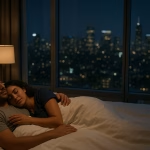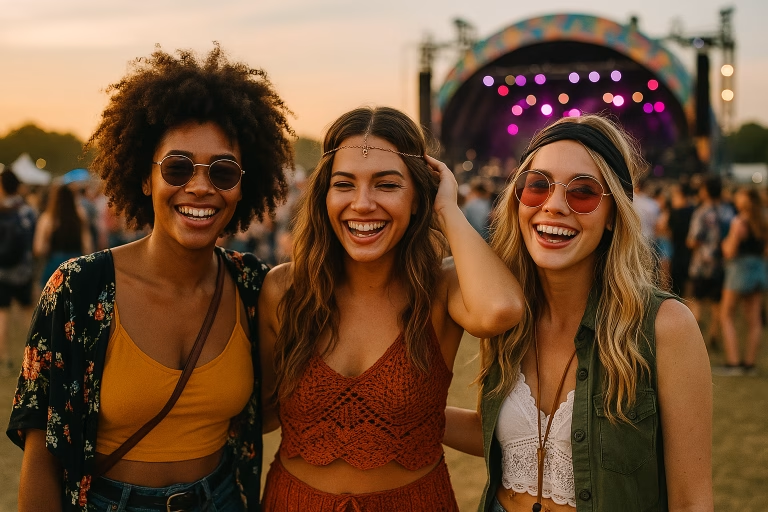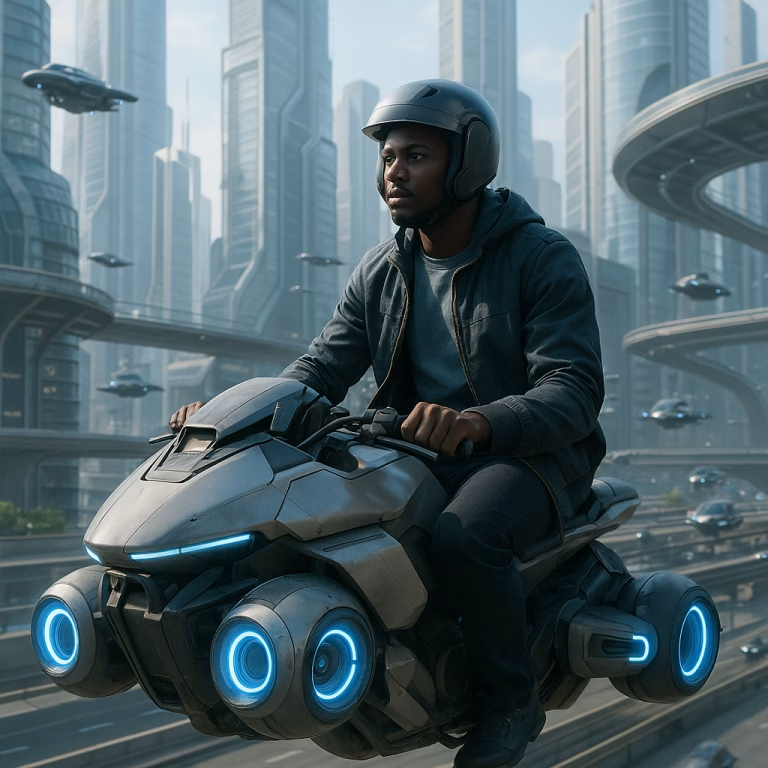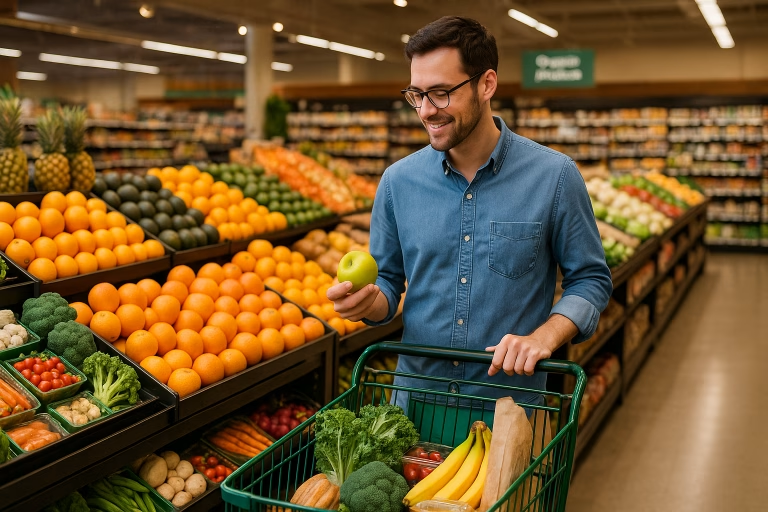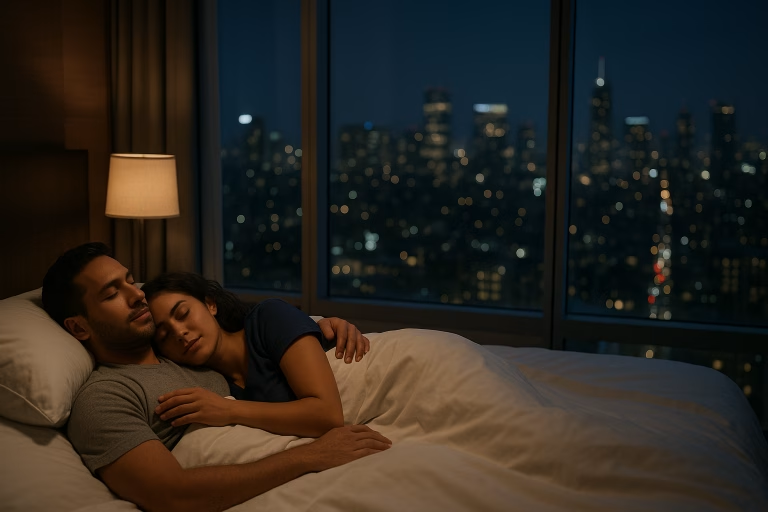
In the ever-evolving world of social media, a new kind of celebrity has emerged—virtual influencers. These AI-generated personalities, like Lil Miquela and Noonoouri, are challenging traditional influencers for dominance online. But who holds more power? The real humans or their digital counterparts? Let’s break it down.
💡 What Are Virtual Influencers?
Virtual influencers are computer-generated personas designed to engage audiences just like human influencers. They have distinct personalities, backstories, and even “real-life” experiences. While they may look lifelike, every post, collaboration, and opinion is carefully curated by brands or AI developers.
👉 Examples of Virtual Influencers:
- Lil Miquela – AI fashion icon with 2.6M+ Instagram followers
- Shudu Gram – The world’s first digital supermodel
- Noonoouri – A CGI influencer advocating for sustainability
👑 The Power of Real Influencers
Real influencers have built their audiences through authenticity, relatability, and personal experiences. Whether they’re beauty gurus, fitness trainers, or travel vloggers, their followers trust them because they share real struggles and achievements.
💬 Why Real Influencers Hold Power:
✔ Authenticity & Trust – Audiences connect with their real-life experiences.
✔ Emotional Connection – Real people evoke genuine reactions.
✔ Organic Engagement – Followers feel personally invested in their journey.
🔥 Top Human Influencers Today
- Charli D’Amelio – TikTok dance queen
- MrBeast – YouTube’s viral philanthropist
- Kim Kardashian – The ultimate social media mogul
🚀 Virtual vs. Real: Who Wins the Battle?
Both types of influencers have their advantages and challenges.
| Feature | Virtual Influencers 🤖 | Real Influencers 👩💻 |
|---|---|---|
| Authenticity | ❌ Scripted content | ✅ Real-life experiences |
| Engagement | ✅ Controlled & consistent | ✅ Emotional & interactive |
| Brand Safety | ✅ No scandals or controversies | ❌ Risk of PR issues |
| Creativity | ✅ Limitless digital possibilities | ✅ Relatable storytelling |
| Trust Factor | ❌ Limited emotional connection | ✅ High credibility |
Who Holds More Power?
🔹 Brands prefer virtual influencers for controlled messaging and 24/7 availability.
🔹 Audiences still trust real influencers more because of authenticity and relatability.
📢 The Future of Influencer Marketing
As AI technology advances, virtual influencers will keep growing in popularity. However, human connection remains irreplaceable. The real power lies in how brands and influencers—both virtual and real—adapt to audience preferences.
🌍 What Does This Mean for You?
If you’re a brand: A mix of virtual and real influencers might be the best strategy.
If you’re a content creator: Stay authentic and engage your audience consistently.
🗣️ What Do You Think?
Do you prefer virtual influencers or real influencers? Drop your thoughts in the comments! 💬👇
📲 Share this article if you found it insightful! 🔄 #VirtualVsReal #InfluencerMarketing #SocialMediaTrends



